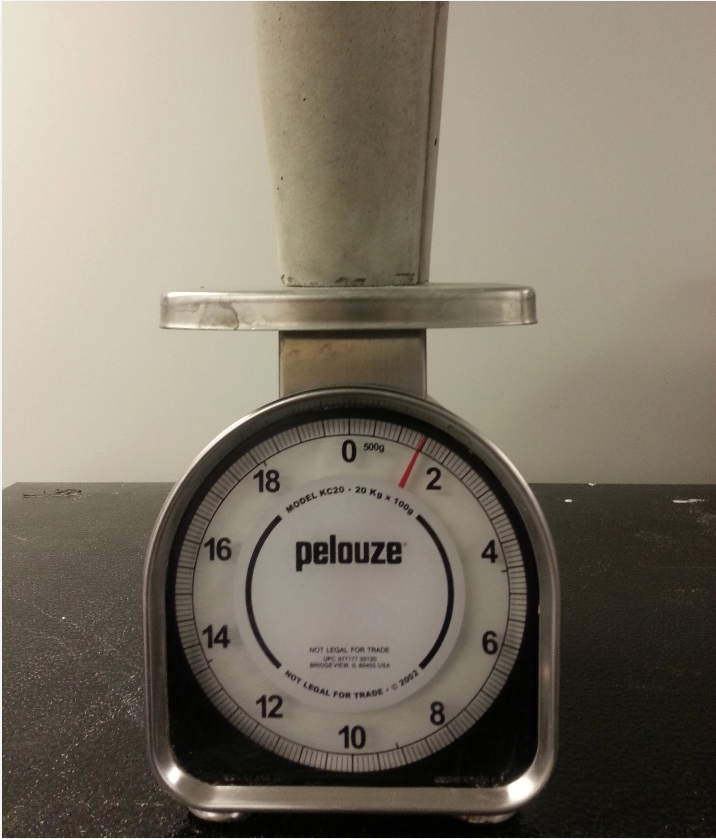Osco’s Lightweight Cellular Concrete has many uses and benefits. This amazing material is not only significantly lighter and less dense than conventional concrete, but it is also remarkably flowable. Cellular Concrete is also self-levelling and has excellent freeze-thaw resistance. Its closed-cell structure also means the material has low permeability.

COMMERCIAL LIGHTWEIGHT CELLULAR CONCRETE
Lightweight Cellular Concrete (LCC) is a multifaceted construction material, ensuring a quicker and more efficient installation compared to granular fills. It offers superior soundproofing and fire resistance, with potential for thermal insulation. Ideal for void fill applications, LCC fills sinkholes, tunnels, and similar voids, minimizing soil pressure. It plays a crucial role in soil remediation, creating a sturdy base and reducing stress on subsoils.
As a utility and culvert trench fill, LCC provides exceptional support and stability, preventing soil settlement and road dips. It also stands out as a preferred flowable fill or geofoam alternative, and its use in retaining or MSE wall backfill significantly reduces lateral load and geogrid damage, bolstering the lifespan and stability of construction endeavours.
Lightweight Cellular Concrete (LCC) accelerates installation and enhances construction stability with its superior soundproofing and fire resistance. Ideal for various applications, it efficiently fills voids, stabilizes soil, and minimizes soil pressure and geogrid damage. LCC’s multifunctionality and support in utility and culvert trench fill bolster the longevity and robustness of construction projects.
Faster than granular fills, it reduces hydrostatic lateral load, providing enhanced soundproofing and fire resistance. Its mix can also offer thermal insulation, optimizing construction efficiency and safety.
It effectively fills sinkholes, wells, tunnels, and other voids, flowing easily and lightening the load on soil, ensuring stability and safety in addressing various subterranean construction concerns.
Lateral load greatly reduced and can also greatly reduce potential damage to the geogrid during the backfill process.
Protects and supports utility lines and reduces or eliminates need for compaction.
Excellent alternative, and in many cases the preferred material choice.
Prevents later soil settlement and subsequent dips in the road.
Creates a strong base while reducing burden on subsoils.